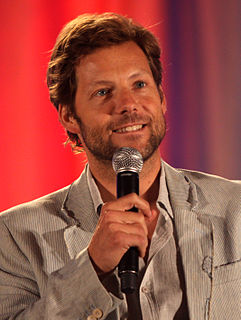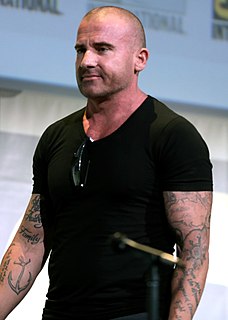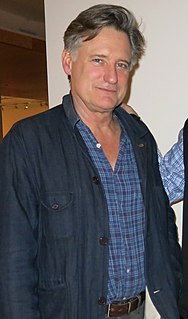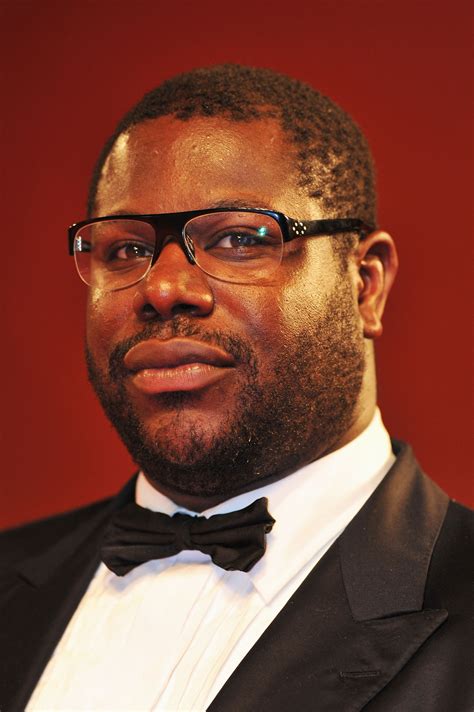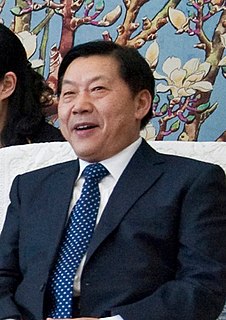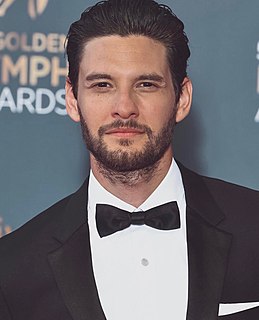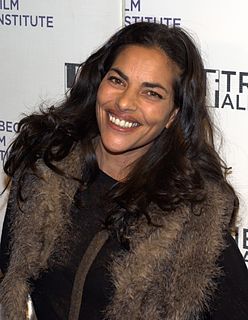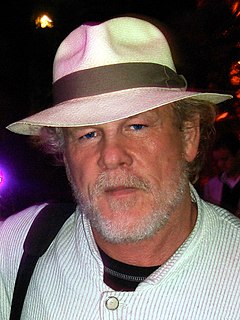A Quote by Jamie Bamber
I think American audiences are open to people with accents and different nationalities being on the screen.
Related Quotes
I came to realize,people who had Chinese accents will continue to have Chinese accents in America are treated as being stupid or not as intelligent as an English speaker who is fluent with an American accent - I came to realize why. But it's always fascinated me how quickly you can change where you stand with another human being just based on how you speak.
When I looked at 'Dear White People,' you have four African-American students who are all very different and who are trying to figure out who they are. They're dealing with identity issues and crises. That is exciting to me, to see African-American young people on a page, on a screen, who are so diverse and whose stories are all so different.
